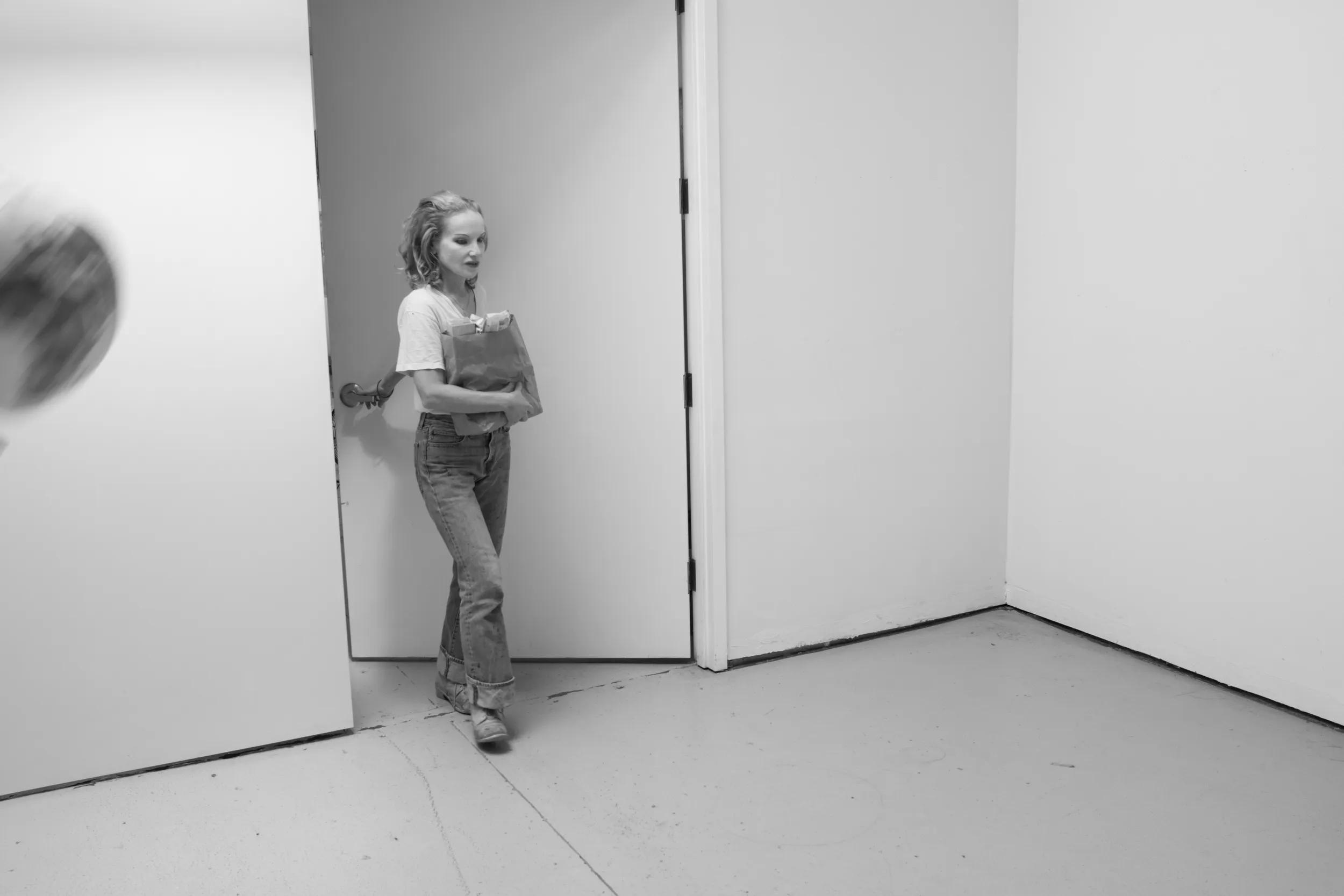
Rita Ackermann
Mama ’19
20 February - 11 April 2020
New York, 22nd Street
Selected images
Installation views
1 / 6
Related Content
About the Artist

Rita Ackermann
Rita Ackermann (b. 1968, Budapest, Hungary) immigrated from Hungary to New York in 1992, where a formative body of work positioned her within the cultural zeitgeist of the city. At the outset of her early career, a breakthrough series of paintings—composed of bold contour lines and semi-transparent bodies—anticipated aesthetic and technological shifts that have proven remarkably timeless.
Though Ackermann’s works may be recursive, they are anchored by improvisation, disruption, and formal negation—the protein of her aesthetic. These elements were shaped in part by her engagement with cinema, particularly the films of Jean-Luc Godard and the theories of Paul Virilio, who viewed perception as structured by montage and fragmentation.
Ackermann’s paintings continue to bear the imprint of visual phenomena—not only in their subject, but in their structure. Images operate cryptically, fractured and charged with interior volatility. Their continual appearance and disappearance suggest that suspension, rather than development, is central to her method. The upshot has been a sustained visual practice that subtly confronts the tensions of the present.
Current Exhibitions
1 / 12


















